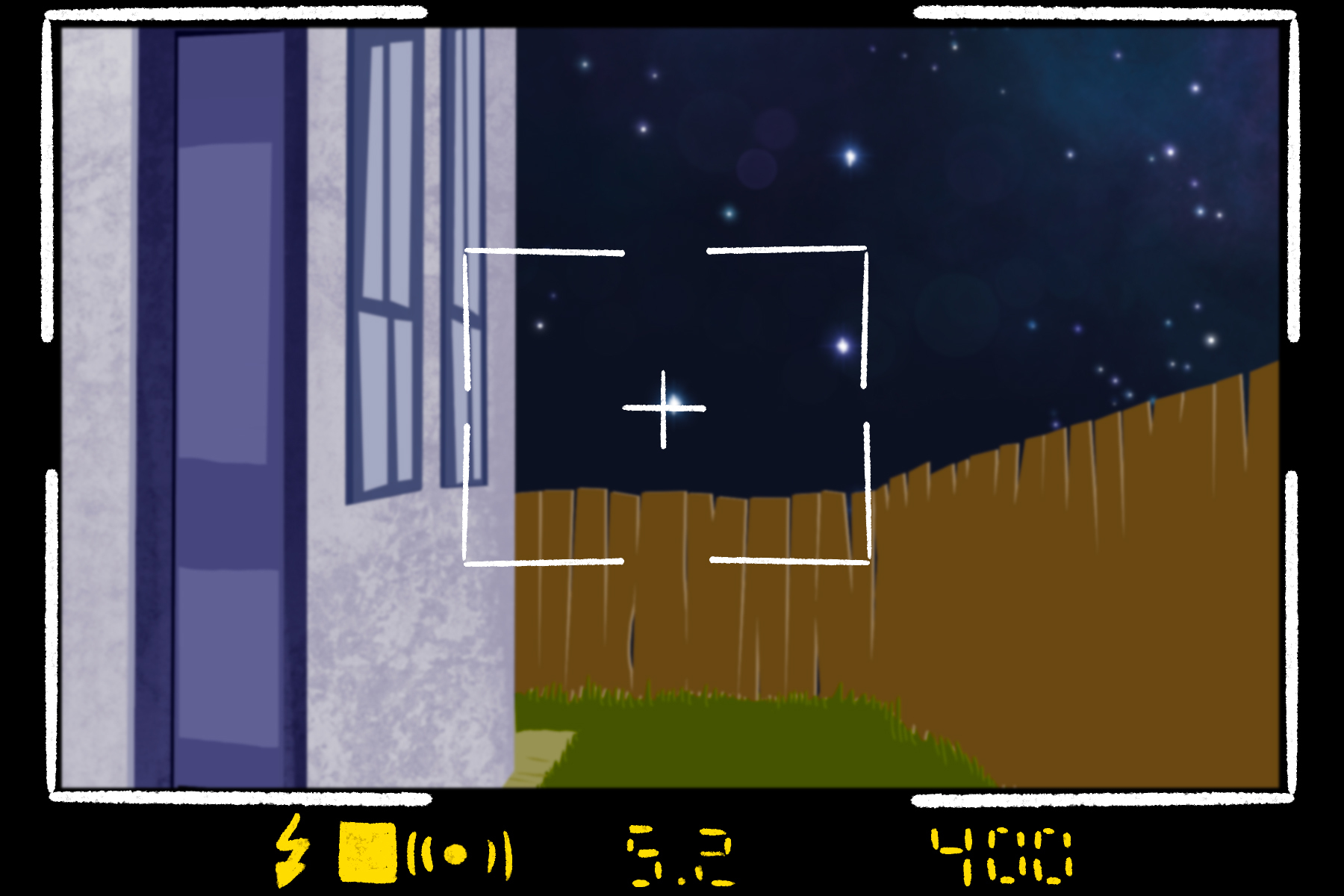When I think of online learning, I think of the practical, the everyday — like learning how to install a microwave. But YouTuber, photographer and videographer Johnny Harris taught himself how to photograph a galaxy from his back porch.
His viewers might know him as someone who makes exceedingly well-produced videos about geography and breakfast. But to me, he is the guy who dives straight into huge self-teaching projects, and takes his audience on the journey with him. This time, an insatiable curiosity to find out if a galaxy could be photographed from his backyard led him down a months-long rabbit hole of sleepless nights and in-depth tutorials, resulting in a mini-documentary that speaks volumes about the potential of online learning.
Harris has been one of my greatest inspirations when it comes to learning skills and following curiosities on my own. The galaxy video is just the latest example of the trials and triumphs of the self-teaching process, and Harris continues to be a living example of a self-taught success story. I don’t think it’s an exaggeration to say that Harris’ channel could be laying the groundwork for the next generation of self-taught creatives.
However, Harris isn’t the only self-taught artist around. The YouTube channel SidewalkTalk EDM provides casual, one-on-one interviews with independent electronic artists — many of whom never set foot in a university. Notably, the iconic dubstep and future bass artist Illenium had no previous musical training when he first set out to make what would become one of the most cohesive and well-respected repertoires in electronic music.
The image of the self-taught creative genius is also far from new. Classical composer Ludwig van Beetoven (1770-1827) was largely self-taught well before the era of YouTube and Skillshare. But perhaps online learning will become more important than ever as the sentiment that college degrees just aren’t worth the price tag continues to grow.
At this moment in education, it might be more advantageous to gain inspiration from people like Harris, develop the skills and perseverance and go directly to what you want to learn and what you want to contribute. (That being said, Harris has his own video expressing his viewpoint on higher education, which I think is also worth taking into consideration.)
But what makes Harris’ galaxy video important are two standout elements: the guidance it provides, and the feeling it invokes. It isn’t just about the alien beauty of outer space — it tells the story of a frustrating, but ultimately rewarding learning process, a story that is being played out all over the globe. Harris doesn’t beautify or glamorize the process, but uses the experience to illustrate a pattern that he noticed in many of his self-teaching endeavors. This is guidance.
Near the beginning of the video, Harris makes an important point. In his words: “If you want to learn something new — like a language, a piece of software, a technical skill — you inevitably have your eye on the prize. … You see your goal, and you start walking towards it. But you’ll quickly realize that this journey is not as straightforward as you thought.”
He visually illustrates the process of descending into the material, watching countless hours of educational videos and learning how to use the equipment. Then, he shows the lowest of lows — “hitting rock-bottom” as he calls it, when it seems too frustrating, too overwhelming, like the time for giving up was near. And then there is the ascent, the first signs of success and finally, a clear photo of Messier 101.
Upon finishing this mini-documentary, I felt a sort of zeal. Right in front of me was a clear example of what it means to jump in and begin adding kindling to the fire. It made me think, “If this guy can photograph a galaxy from his backyard, I can at least learn the basics of Ableton.” If that isn’t inspiration, I don’t know what is.
What the galaxy video clearly portrays is that self-teaching isn’t just a cut-and-dry process. There is no syllabus, no step-by-step guidance. Motivation inevitably comes to a standstill. Absorbing information requires time and perseverance and, perhaps most importantly, some form of accountability. In a video titled “How to Force Yourself to Learn Stuff” Harris explains that what really accelerates independent learning and innovation is knowing that someone is expecting an outcome from you.
For him, that someone was the U.S. State Department, which he emailed with confidence during his time as a student to suggest that he could make a video that was “attractive and helpful” — and better quality than the one that they had on their site. When they accepted his offer, he felt what he equates to a speed boost. “It’s like a hack,” he explains. “It’s like something that gives you more speed than you naturally have.” He describes the amount of drive and focus that the call-to-action brought forth in him as the feeling of “excited accountability.”
I would argue that there is a form of “excited accountability” that occurs in the galaxy video as well — but this time, the person to whom Harris is accountable is none other than himself. And maybe this is the secret to online learning. Maybe “excited accountability” to others is necessary to get started, but wouldn’t it be great if the tension that creates the speed boost is simply accountability to ourselves?
Harris doesn’t provide a step-by-step guide to motivation and goal-driven curiosity — that elusive accountability-to-self. He just provides the example, and is probably one of the most prominent people online who have been able to serve as a living testament to the power of self-motivated online learning.
His video about the grueling and jubilant process of capturing a galaxy perfectly portrays the feeling of “excited accountability.” And the feeling is contagious. So, here’s to jumping down rabbit holes, hitting rock-bottom and coming back up as better songwriters, polyglots, videographers, painters, photographers, potters and enduring learners.

















